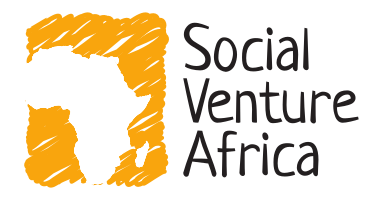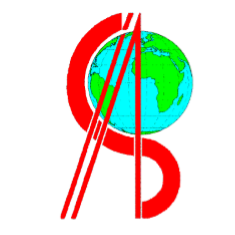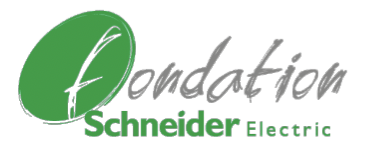TRAININGS
Lady Volta Green Tech Academy
The Lady Volta Green Tech Academy (LVGTA) was established in January 2015 under a partnership between Village Exchange Ghana (VEG) and Social Venture Africa (SVAfrica) as a technical skills center in the rural Volta Region of Eastern Ghana that provides underprivileged and disadvantaged students education and training in electricity and renewable energies. LVGTA’s objective is to provide students with income generating activities, mentoring and professional opportunities, to make affordable and green energy available to everyone and to foster the development of rural areas in a sustainable and environmentally friendly way. Given the vast underrepresentation of women in technical professions, the LVGTA regards it as essential to have a majority of female students and to promote women empowerment—an issue that has been at the core of Village Exchange Ghana’s activities since 2003. In 2016, the Schneider Electric Foundation undertook to support VEG’s initiative, which became part of Schneider Electric’s “Access to Energy” program. The financial help granted by the Foundation supported the cost of installation of the electrical laboratory with didactic equipment, test boards and electrical accessories. Under this agreement, Schneider Electric Nigeria makes regular contributions in assisting in the review of the curriculum in electrical and solar installation, as well as providing training of trainer sessions.The Renewable Energy Institute
In 2019, the Lady Volta Green Tech Academy (LVGTA) expanded its activities with the establishment of the Renewable Energy Institute (REI). The REI is the result of a collaboration between Ingénieurs et Architectes solidaires (IAS) and Village Exchange Switzerland (VES) established in 2018 as a commitment to reduce the North-South gap and promote sustainable development by actively fighting poverty in the South through the transfer of technologies The purpose of the REI is to establish a state-of-the art facility dedicated to the theoretical and practical teaching of renewable energies in order to train specialists capable of building and maintaining renewable energy transformation facilities. At the end of February 2019, Bernard Béroud, a Swiss engineer, founder and president of IAS, came to Ho to launch the project. He first organized a test on basic knowledge on electricity to select the candidates for his 1st level two-weeks course that took place in April 2019. Along with the theoretical training, the students were involved in the construction of a power plant unit which was to supply the entire site in electricity. In August 2019, Bernard Béroud returned to Ho in order to teach the 2nd level course and to complete the solar power plant unit which now supplies in electricity the two buildings of the VEG site and serves as a teaching tool for the LVGTA students. Of the 9 students who sat for these courses, three passed the final exam on August 17 and became the first solar energy specialists in this region to get an IAS diploma. Some of the graduates became trainers at the LVGTA. In December 2019, IAS installed a vertical wind turbine, mainly for educational purposes, as strong winds are rare Ho. Besides its teaching activities, the LVGTA develops, produces and distributes tailor-made solar products in Eastern Ghana. Charge-up Ghana is a project conceived for the LVGTA by SVAfrica, whereas women are trained to produce small, cheap and low-tech solar-powered devices such as cell phone chargers, lamps and radios. In the first phase of the project we produced about 200 solar-powered cell phone chargers and some prototypes for other solar-powered devices. The devices were produced and sold locally. The ultimate goal is to generate income for young women, while at the same time promoting employment and local business, as well as improving local productivity.Future plans
New courses at the REI
In 2020, coronavirus permitting, IAS will organize two kind of courses at the LVGTA:
• regular courses with expatriate teachers and Ghanaian specialists in order to ensure the technological and pedagogical transfer;
• elementary courses in electricity and electrical circuits in order to bridge the perceived lack of the knowledge of young students applying to the LVGTA.
To support this basic teaching, the REI laboratory was equipped with generators, test boards, multimeters, oscilloscopes etc.
In 2020 or 2021, a training of teachers will be organized with Schneider Electric Nigeria in the context of our long-term cooperation.Water supply, water treatment
In 2021, IAS plans to implement the next phase of the REI: water supply and water treatment on the VEG site as a teaching tool and in a neighboring community in order to promote safe water and eliminate the use of plastic bags for drinking water.The REI can be replicated in any developing country with a demand in renewable energies and the training of specialists. The school curriculum is adapted to local circumstances in order to allow students to obtain official degrees.
Download Projects PDF




